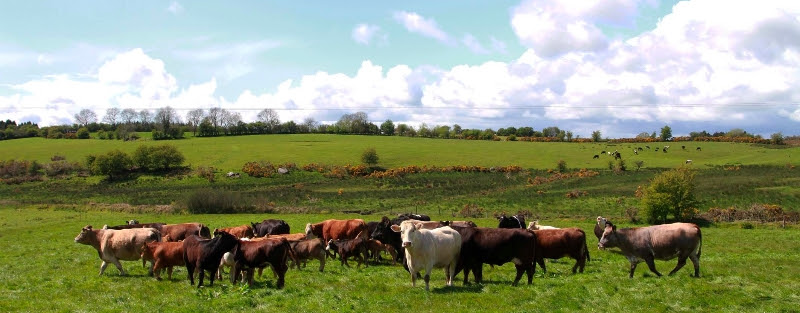
The debacle that is the relicensing of glyphosate in the EU continues to roll on towards the June 15th deadline when its current authorisation runs out. Just last week, the European Parliament made recommendations to the Commission (the licensing authority) that the licensing period be reduced from 15 years to just 7 and for the herbicide to be only available for professional use.
The Parliament also recommended that the use of glyphosate as a pre-harvest desiccant be restricted. Most environmental and consumer/public health groups have viewed these recommendations as a fudge on the issue and have reiterated their calls for a total Europe-wide ban on the herbicide ingredient. Current indications suggest that the Commission may not even follow through on the Parliament’s recommendations and that they are due to soon grant authorisation without any restrictions to be applied other than a reduction on the licensing period from 15 to 10 years.

This has now turned into a literal ‘pissing contest’ with 140 MEPs from the European Green Party submitting urine samples to test for residues of glyphosate in a bid to highlight the pervasive nature of this chemical in our food and environment. This follows on from tests carried out in Germany last year which found residues of glyphosate in some of the country’s most popular beers at almost 300 times the legal limit for glyphosate in drinking water .
The Commission position on glyphosate is informed by the European Food Safety Authority (EFSA) who have declared the herbicide ‘unlikely to pose a risk to public health’ in spite of the WHO’s assessment which stated glyphosate to be a ‘probable carcinogen’. EFSA conducts its reviews of common pesticides based on industry produced data and sees no problem in using this system.
Commenting on these developments, Organic Trust’s National Co-ordinator, Helen Scully said “To rely on manufacturer produced data in the licensing of their own products is farcical. Just look at what’s happening with many of the major car companies and their twisting of emissions testing and data to see how this ultimately works out for the consumer. Of course, this is altogether more serious as directly consuming a probable carcinogen which is ubiquitous in the non-organic food chain will have a much greater impact on public health than increased air pollution from vehicles. The one thing that is very clear here is that the EFSA are happy enough to abandon the precautionary principal and to play dice with the long term health of Europe’s citizens”.
Underlying this whole circus is the fact that it is just glyphosate, the active ingredient in products which is subject to testing and licensing. The actual product which is applied to crops throughout Europe and containing many adjuvants and other ingredients which are long suspected of amplifying the toxicity of glyphosate or to be toxic in their own right, is not subject to any testing or scrutiny at all.






